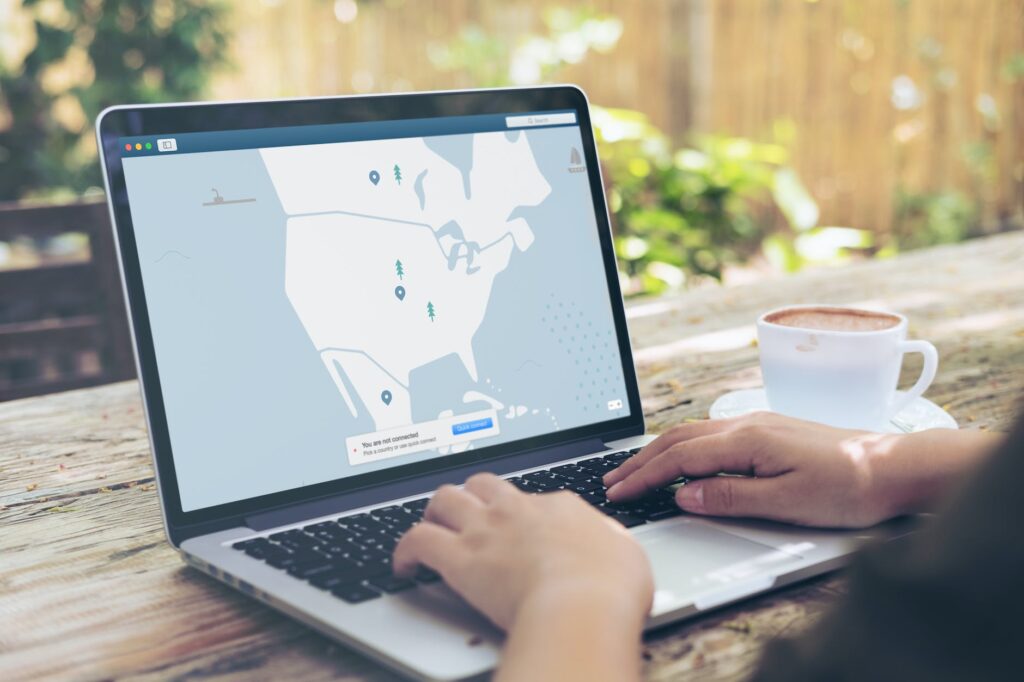Ensuring Online Safety: Top Tips for VPN Security
In today’s digital age, online safety is more important than ever, and Virtual Private Networks (VPNs) play a critical role in safeguarding your information. However, merely installing a VPN isn’t enough to ensure maximum security. This guide provides essential tips for using VPNs securely and effectively.
Understanding VPN Basics
A VPN is a tool that encrypts your internet connection, adding a layer of security and privacy by masking your IP address and routing your data through a secure server. This process protects your online activities from prying eyes, including hackers and government surveillance.
Choosing a Reliable VPN Provider
The first step to secure VPN usage is selecting a reputable provider. Consider the following factors:
- Reputation: Opt for providers with a strong reputation for privacy and security, supported by positive user reviews and expert recommendations.
- No-Logs Policy: Ensure that the VPN provider has a strict no-logs policy, meaning they don’t store any data about your online activities.
- Strong Encryption: Look for VPNs offering strong encryption protocols like OpenVPN or WireGuard to keep your data secure.
- Network Size: A large and diverse server network ensures better connection speeds and improved access to global content.
Proper VPN Configuration
Once you’ve chosen a VPN provider, configure your VPN correctly:
- Enable Kill Switch: A kill switch disconnects your internet if the VPN connection drops, preventing data exposure.
- Auto-Connect Feature: Set your VPN to automatically connect on startup for continuous protection.
- DNS Leak Protection: Ensure your VPN has DNS leak protection to prevent your internet service provider from tracking your online activities.
Avoid Free VPN Services
While free VPNs can be tempting, they often come with several downsides, including increased risks to your data privacy. These services typically lack strong security measures and may even sell your data to third parties. Investing in a paid, reputable VPN service is a more secure option.
Keep VPN Software Updated
Regular updates are crucial to maintaining VPN security. Providers frequently release updates to patch vulnerabilities and improve performance, so always use the latest version of your VPN software.
Use Strong Passwords and Two-Factor Authentication
Enhance your VPN security by using strong, unique passwords and enabling two-factor authentication (2FA) where possible. This adds an extra layer of security, helping protect your VPN account from unauthorized access.
Avoid Public Wi-Fi When Possible
Public Wi-Fi networks are notoriously insecure, making it easier for cybercriminals to intercept your data. When using public Wi-Fi, always double-check that your VPN is active and connected.
Regularly Check for IP and DNS Leaks
Occasionally test your VPN connection for IP and DNS leaks to ensure your data remains protected. Several online tools can help you check for leaks and confirm your VPN is functioning correctly.
Be Cautious of Malware and Phishing Attacks
While VPNs offer considerable protection, they do not guard against malware or phishing attacks. Use reliable antivirus software and remain vigilant against suspicious emails or websites.
Frequently Asked Questions (FAQ)
1. What is a VPN Kill Switch and why is it important?
A VPN Kill Switch is a feature that automatically disconnects your device from the internet if your VPN connection drops, preventing exposure of your real IP address and personal data.
2. Is a paid VPN really necessary?
Paid VPNs generally provide stronger security measures, better performance, and stricter privacy policies compared to free VPNs. For optimal online safety, investing in a paid service is advisable.
3. How do I test my VPN for IP and DNS leaks?
You can use online tools like IPleak.net or DNSleaktest.com to check if your VPN is properly hiding your IP address and encrypting DNS requests.
4. Can I use a VPN on multiple devices?
Most VPN providers allow you to use their service on multiple devices simultaneously. Check your provider’s terms to see how many devices you can connect at once.
By following these tips, you can enhance your VPN security and enjoy a safer online experience. Always be proactive about your online privacy, and regularly review your settings to ensure optimal protection.



